Unit 8 - Managing Conferences and Events: Report on Event Management
VerifiedAdded on 2023/01/09
|5
|690
|98
Report
AI Summary
This report, prepared for a Higher National Certificate/Diploma in Hospitality, analyzes the event management industry, focusing on Unit 8: Managing Conferences and Events. It begins by exploring the different categories and dimensions of events, including sporting events, music festivals, corporate events, and their significance in the UK economy. The report then delves into various management roles within the event industry, such as social media coordinators, meeting designers, conference architects, digital analytics managers, customer experience managers, and event sustainability coordinators, highlighting their responsibilities and importance. References to relevant books and journals are also included to support the analysis. The report provides a comprehensive overview of the event management landscape, offering insights into the diverse aspects of the industry and the skills required for success.
1 out of 5
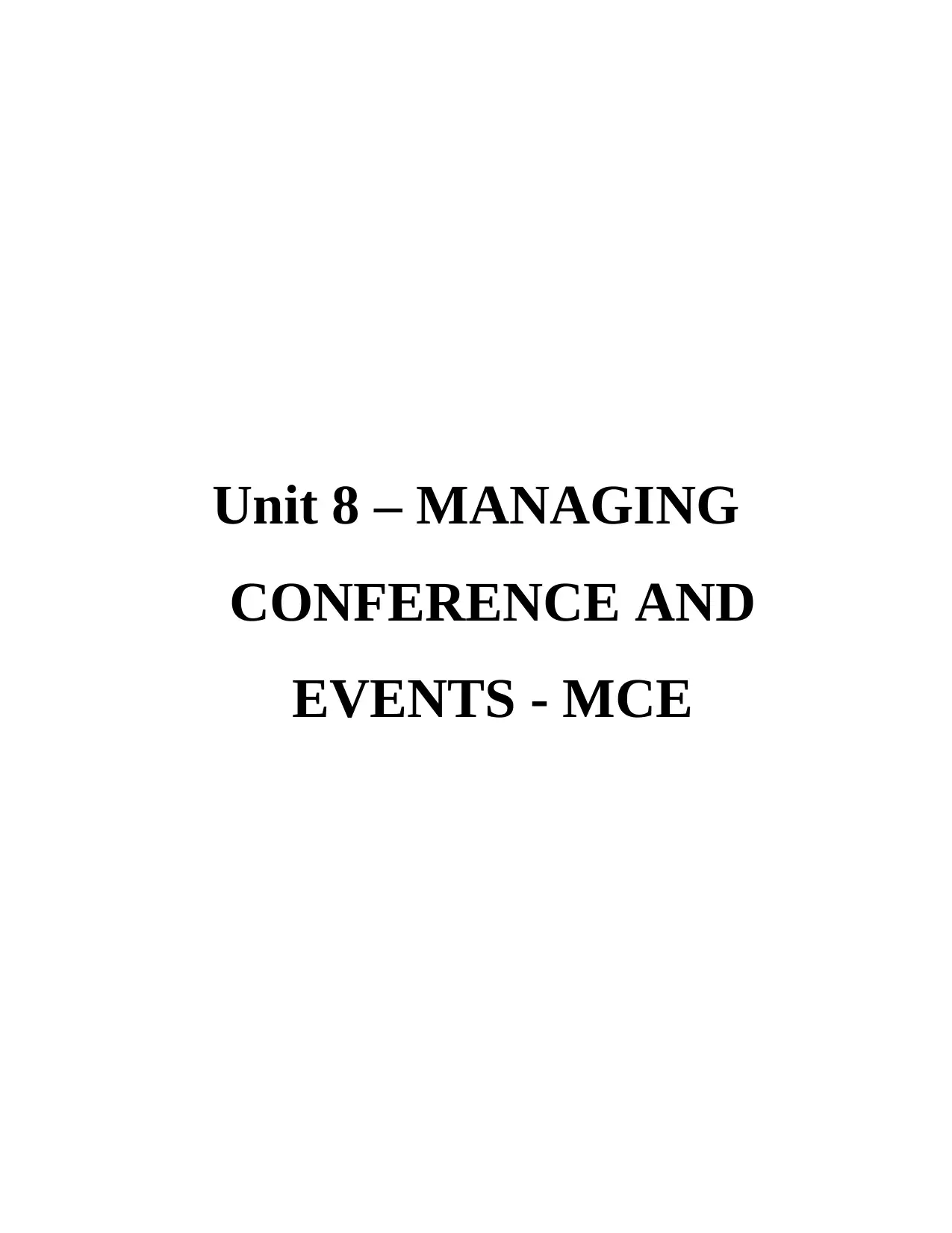
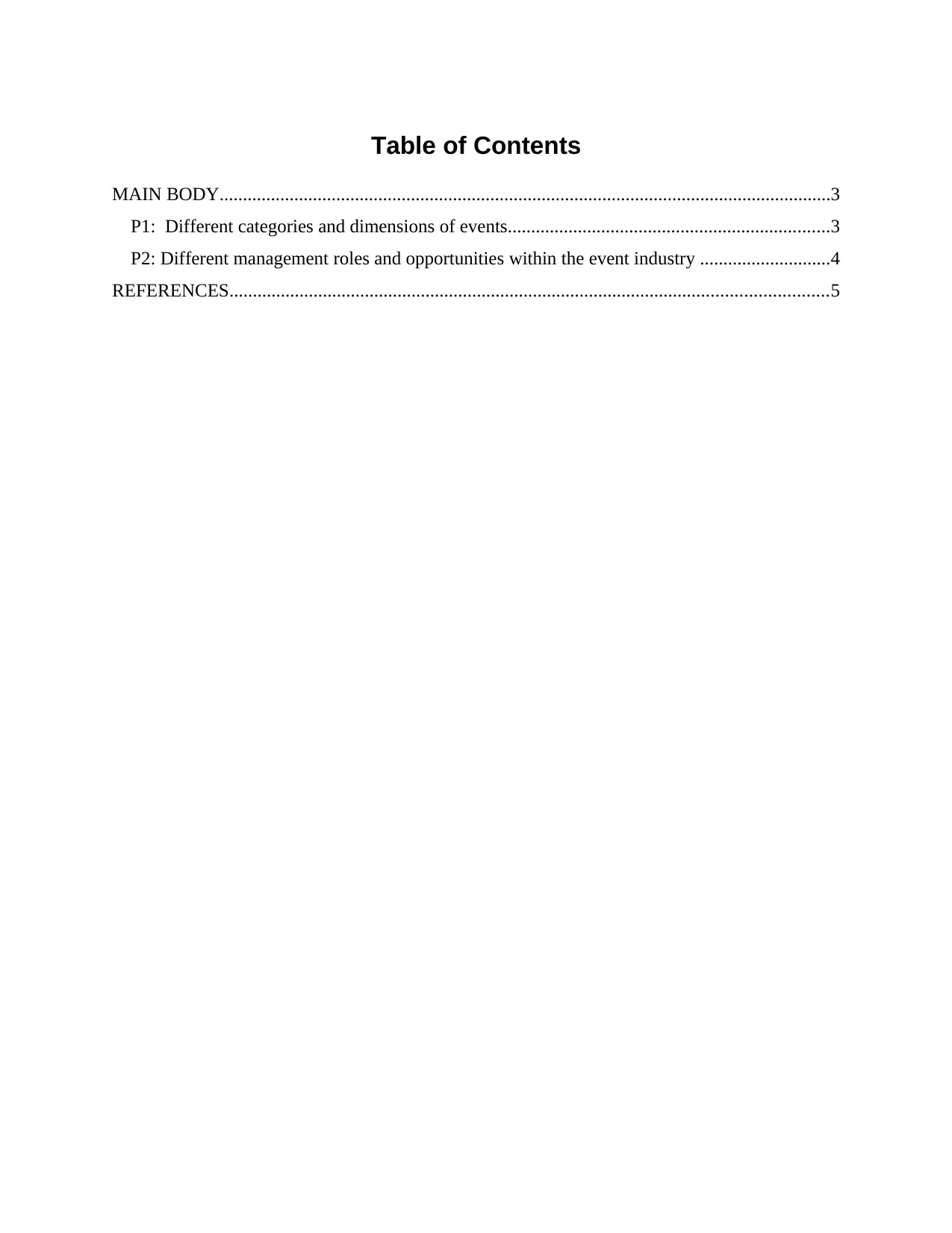
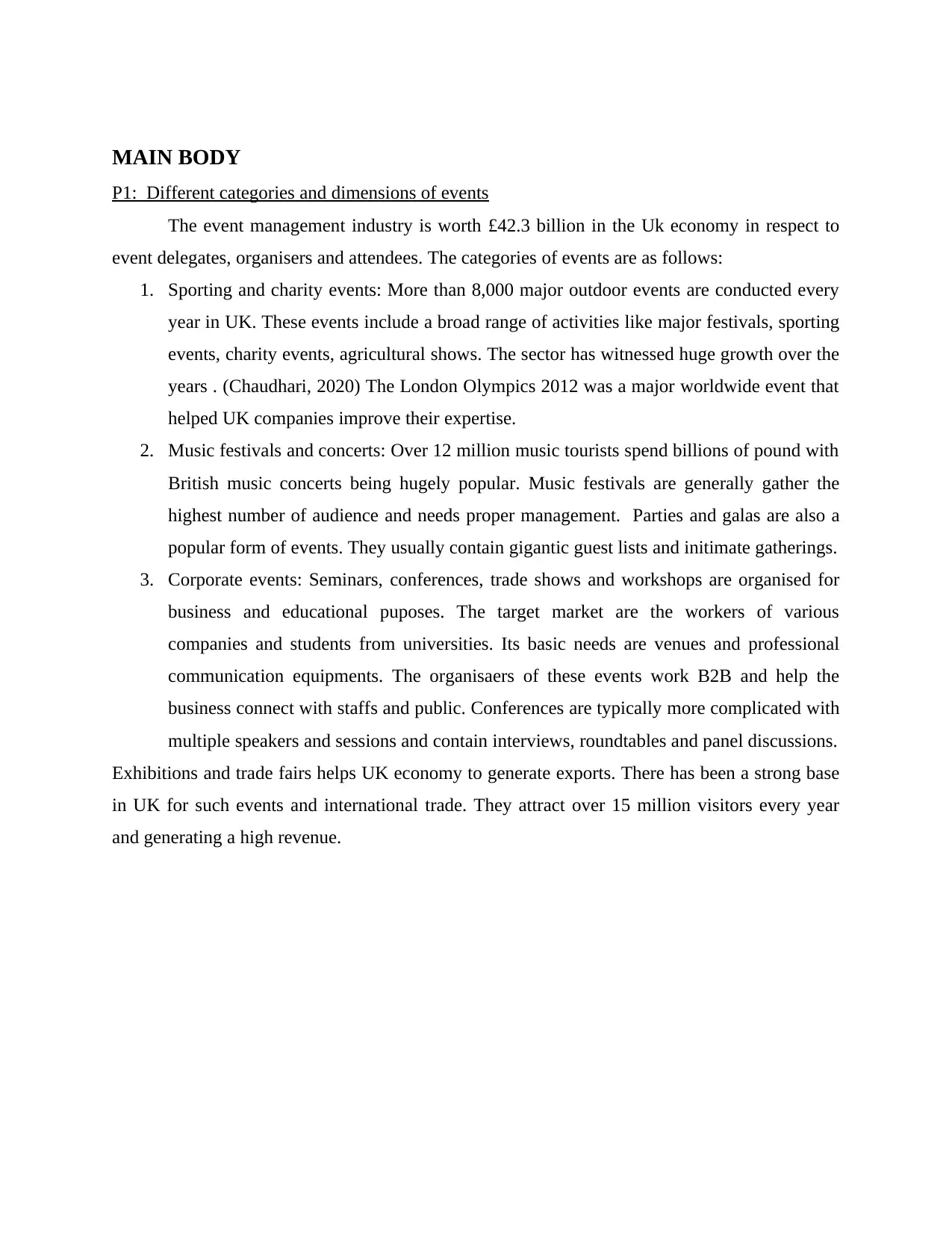

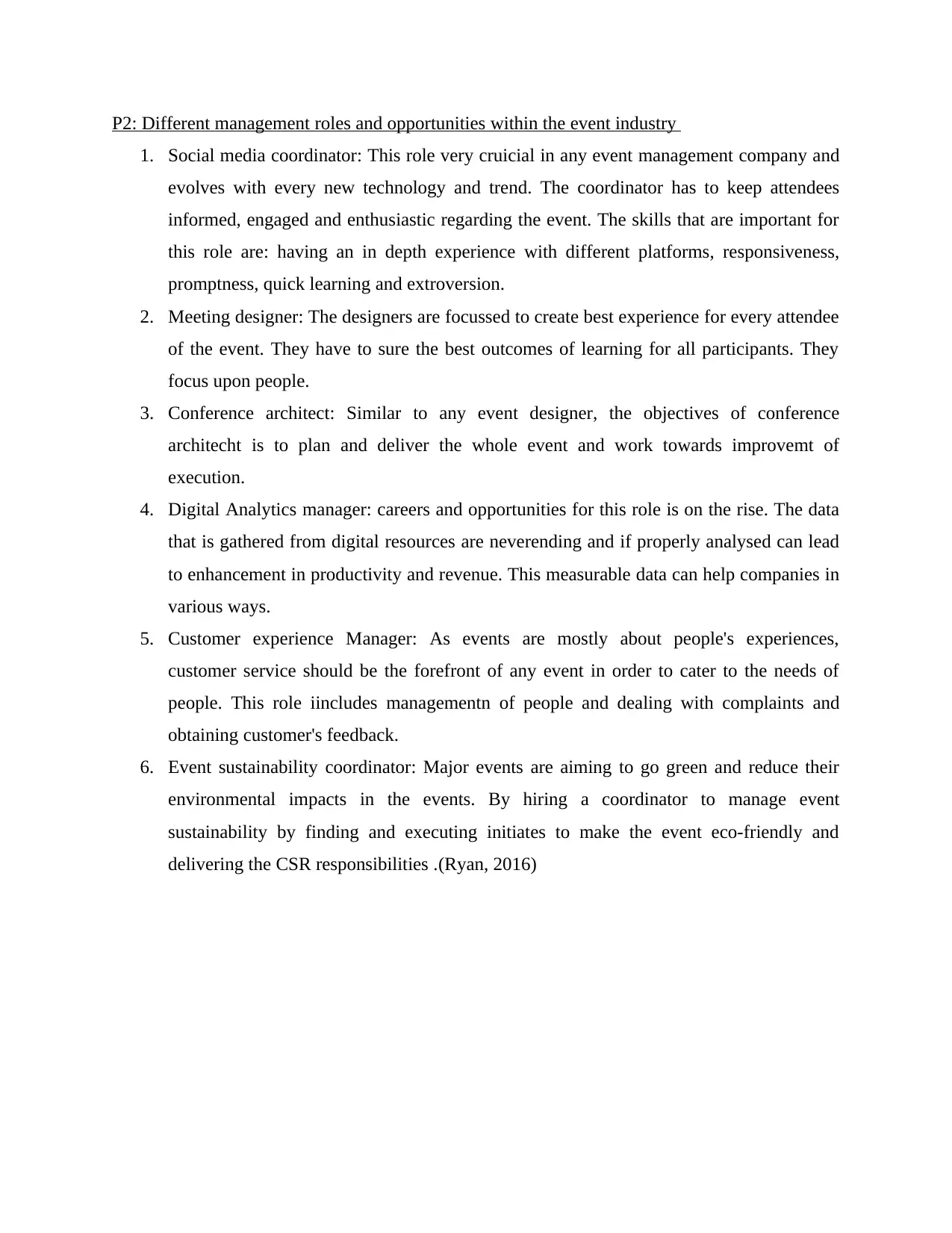
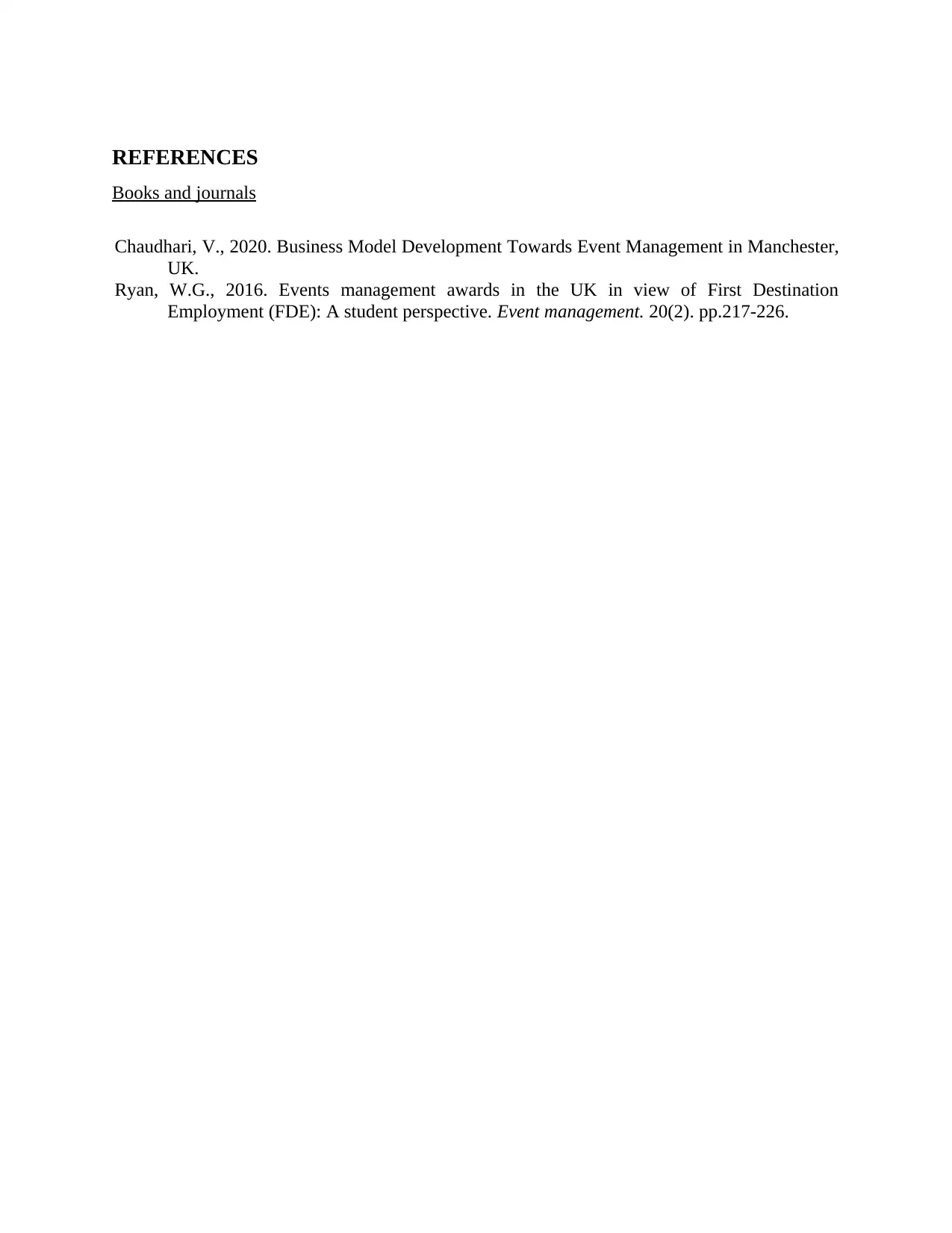






![[object Object]](/_next/static/media/star-bottom.7253800d.svg)